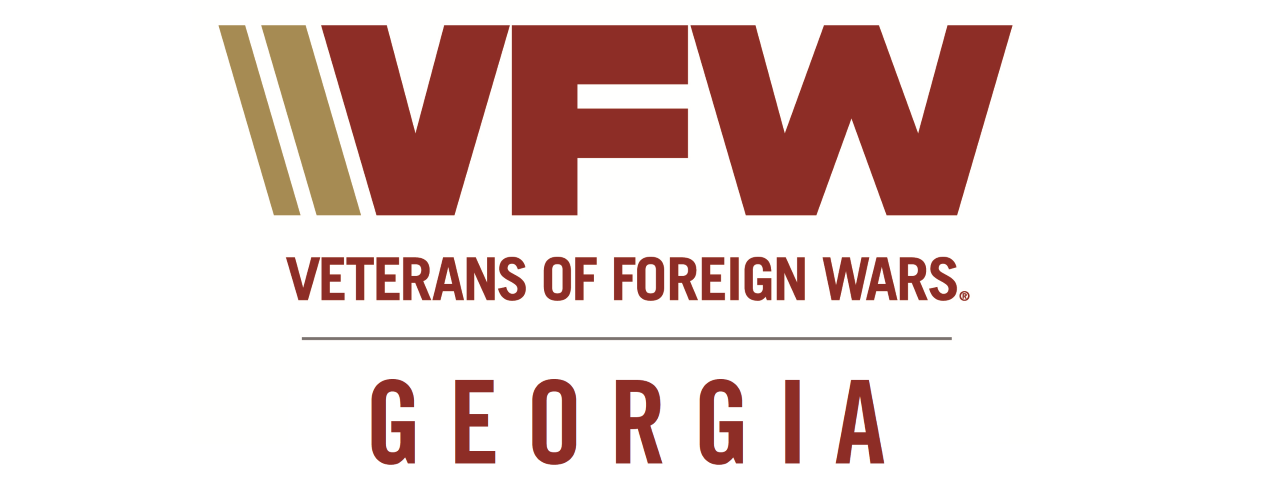Georgia Legislation 101
Understanding how the Georgia General Assembly operates is the first step toward becoming an effective advocate for veterans, military families, and your local community. The legislative process may seem complicated, but at its core it is designed to ensure that the people’s voices are heard and that every proposed law receives careful debate and consideration. By learning how it works, veterans and citizens can better engage with their representatives and make a meaningful impact on the issues that matter most.
Structure of the Georgia General Assembly
The Georgia General Assembly is composed of two chambers: the House of Representatives and the Senate. Together, these bodies pass laws that affect everything from taxes and healthcare to education and veterans’ benefits. Members of the House serve two-year terms, while Senators also serve two-year terms, with all seats up for election every cycle. The General Assembly convenes each year on the second Monday in January and typically runs for 40 legislative days, though those days may stretch across several months.
How a Bill Becomes Law in Georgia
The legislative process begins when a member of the House or Senate introduces a bill. That bill is then assigned to a committee for review. Committees hold hearings, listen to testimony, and may recommend changes. If the committee approves, the bill moves to the full chamber for debate and a vote.
If the bill passes in one chamber, it is sent to the other chamber, where the process repeats. Both chambers must agree on the final version before it is sent to the Governor. The Governor can then sign the bill into law, allow it to become law without a signature, or veto it. If vetoed, the General Assembly can override the decision with a two-thirds majority vote in both chambers.
For a more in-depth breakdown of the journey of a legislative bill to Georgia Law, check out the State of Georgia article, The Life of a Law.
Why It Matters for Georgia's Veterans
For veterans and military families, understanding this process is critical. Many issues like exemptions on military pensions, funding for veterans’ healthcare, support for surviving spouses, and protections for veteran nonprofits depend on decisions made in the Georgia General Assembly. Knowing when a bill is being introduced, which committee is reviewing it, and who the sponsors are allows you to engage at the right moment and with the right people.

